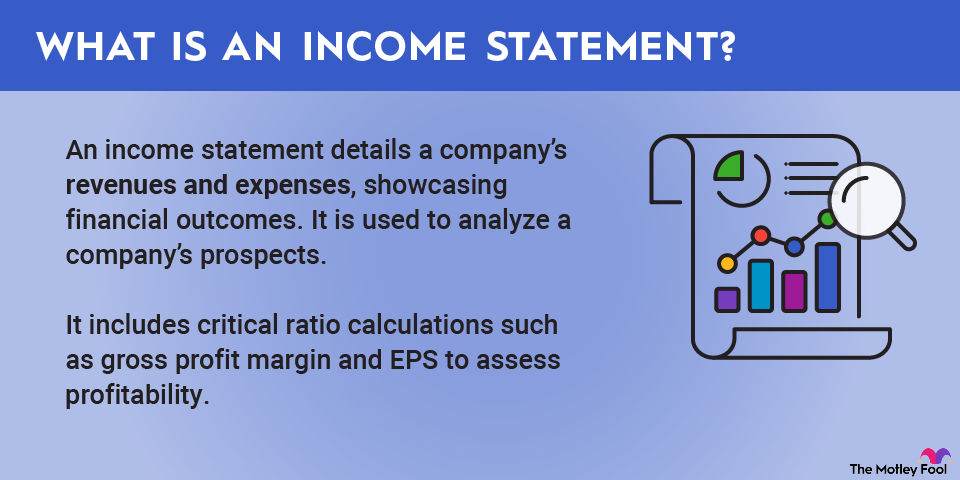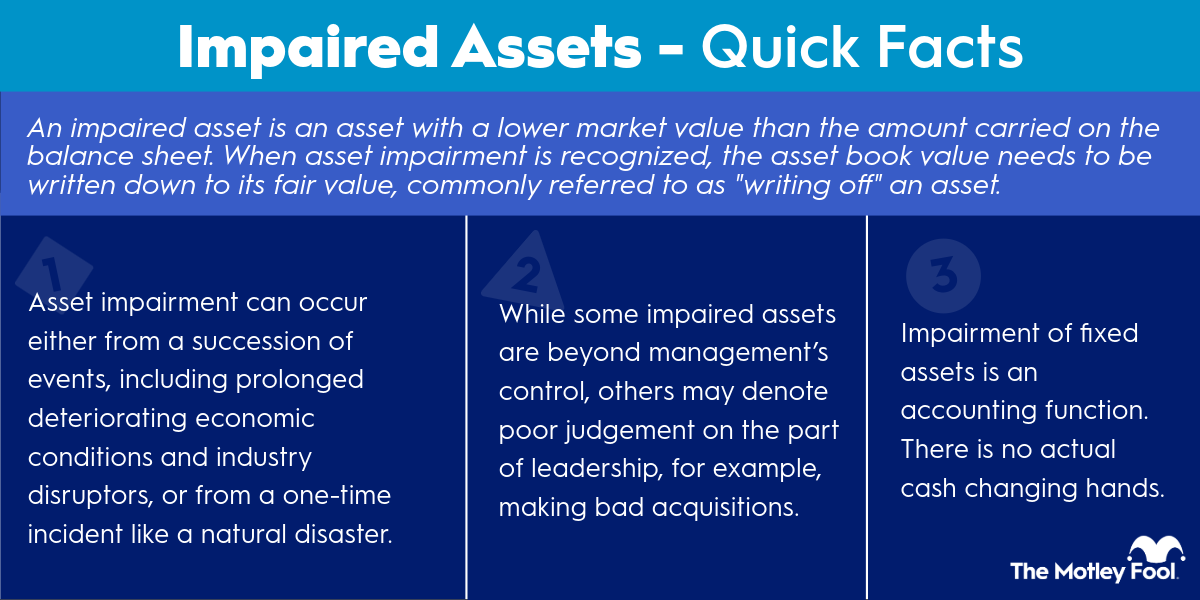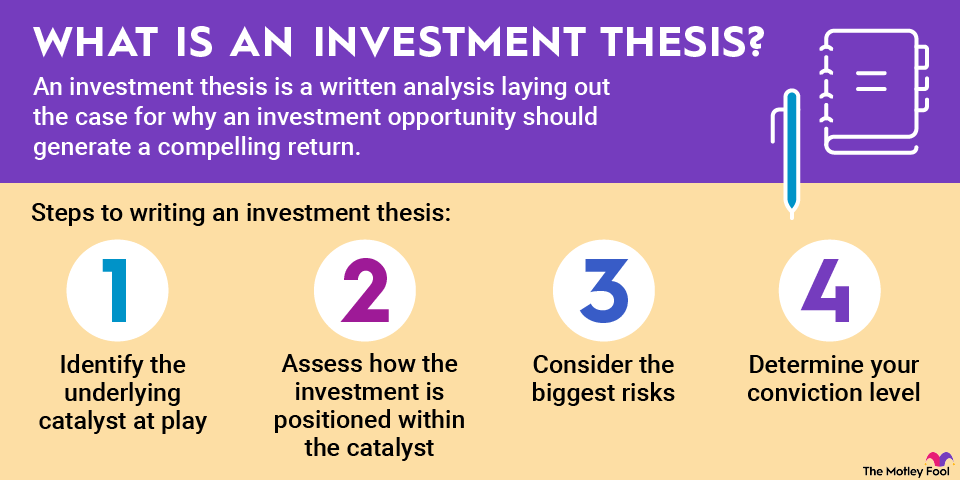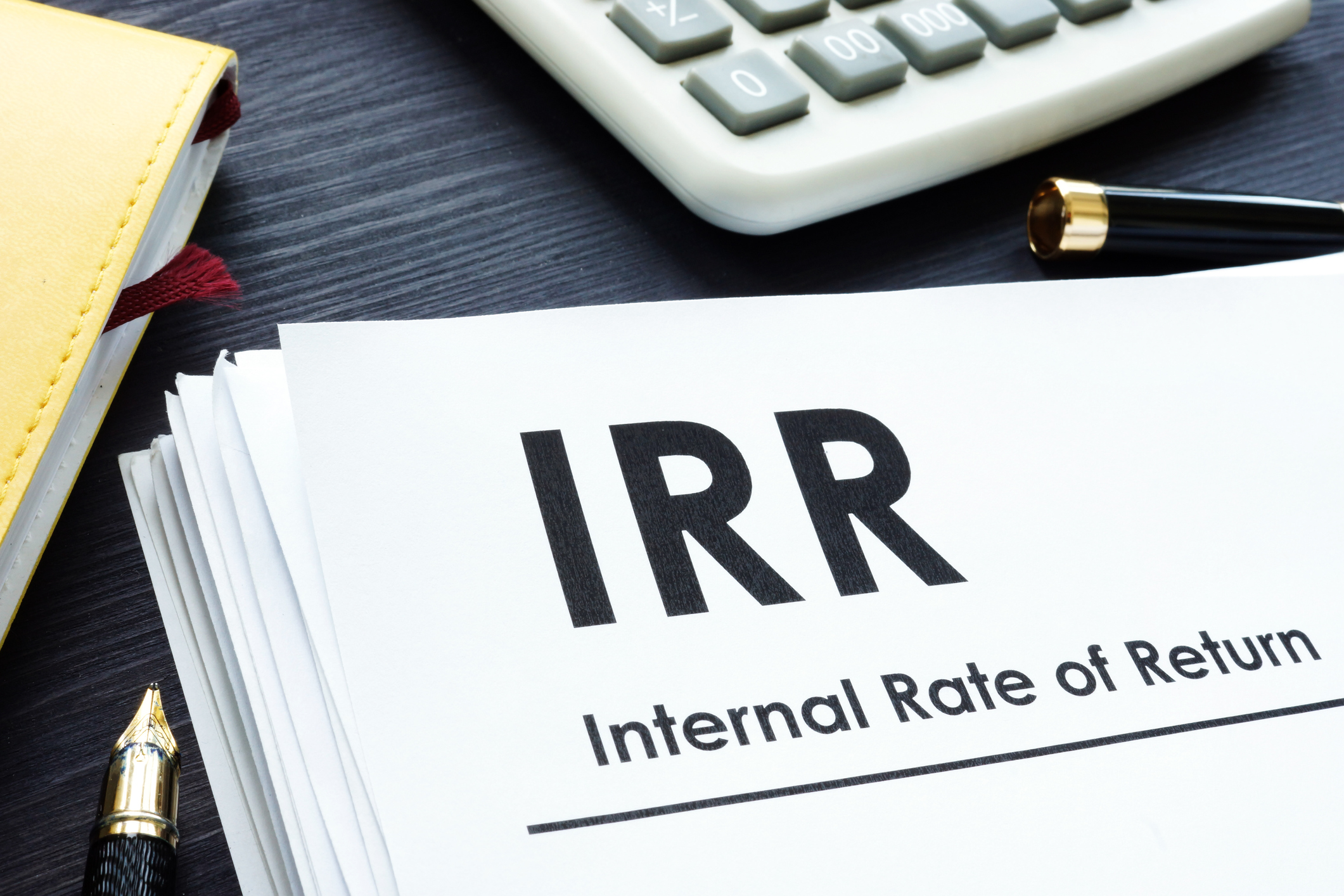Investment banking is a branch of the financial services industry that involves assisting large clients with complex transactions. The types of clients that work with investment banks include corporations, institutional investors, and governments. Federal regulations used to require separation between investment banks and commercial banks, but that ended in 1999. Many of the biggest banks in the U.S. now have investment and commercial banking segments.

Understanding investment banking
Investment banks provide financial advisory services to clients. There are two sides of investment banking: sell side and buy side. The sell side involves facilitating the sale or trade of securities. The buy side involves providing advice on investment opportunities.
Within these two sides, there are many types of major transactions where investment banks play a key role. Investment banks provide equity underwriting and guide companies that are going public through an initial public offering (IPO). If a corporation is considering a merger or acquisition, it may work with an investment bank for research and advice on the deal. Investment banks make most of their money from advisory fees, so they have a much different revenue model than commercial banks, which earn interest on deposits.
Investment banking regulations over the years
In 1933, the U.S. passed the Glass-Steagall Act that separated investment and commercial banking activity. Banks had previously used client deposits for increasingly risky and speculative investments. When the stock market crashed in 1929, banks that didn't have sufficient reserves went out of business and were unable to refund their clients' money. A total of about 9,000 banks failed, losing $7 billion of depositors' money.
The separation of investment and commercial banking quickly became controversial, although it remained in place for several decades. The U.S. eventually passed the Financial Services Modernization Act of 1999. The law repealed parts of the Glass-Steagall legislation and allowed financial institutions to offer investment banking and commercial banking once again.
The repeal hasn't been without controversy, either. Some economists consider it a mistake and believe that banking deregulation was a contributing factor in the 2008 financial crisis.
The role of investment banks in IPOs
If you keep a close eye on upcoming IPOs, it's worth understanding how investment banks help with this process. A private company that wants to go public will normally start by hiring multiple investment banks. These banks will look for institutional interest in the company and assist with the valuation process to determine pricing for the IPO. Investment banks also handle the IPO's exchange listing and initial trading.
In addition, an investment bank may buy many or all of a company's shares from the company directly when it goes public. The bank can then sell the shares on its own and potentially make a profit, although this can backfire if the shares were mispriced.
Related investing topics
The acquisition of Consolidated Communications
Acquisitions normally involve investment banks on both the buy and sell sides of the deal. That was the case in March 2023, when Searchlight Capital and British Columbia Investment Management Corporation began exploring the idea of buying Consolidated Communications and taking it private. Goldman Sachs Group (GS +1.96%) and JPMorgan Chase (JPM +0.54%) provided buy-side advisory services with in-depth research that included financial projections for Consolidated Communications, analyst sentiment, and the macroeconomic backdrop.
On the sell side, Rothschild & Co advised Consolidated Communications. Both sides agreed to a deal in October 2023, with Searchlight and British Columbia Investment Management paying about $3.1 billion total.



















